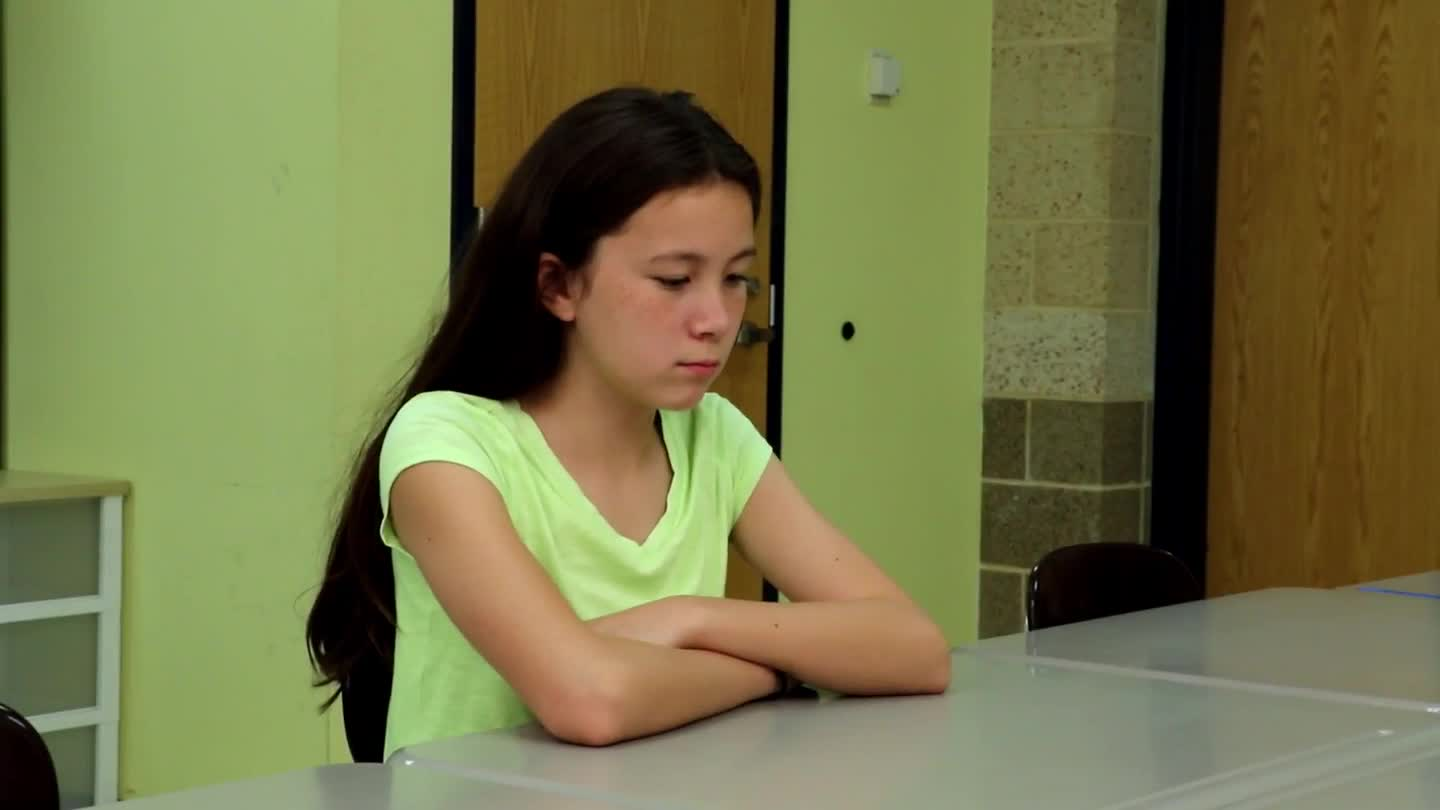Introduction
Teaching children to be the bigger person is an essential skill that helps them navigate challenging social situations with grace and empathy. In this blog post, we will explore a no-prep activity that educators can use to teach their elementary students about being the bigger person, followed by discussion questions, related skills, and next steps for further learning.
No-Prep Activity
Role-Playing: This activity requires no preparation or materials from the educator. Start by explaining to your students the concept of being the bigger person. Then, divide the class into small groups and ask them to come up with a scenario where one person does something hurtful, and the other person has the choice to either retaliate or be the bigger person. Encourage students to act out both the negative and positive responses to the situation. After the role-playing exercise, have a class discussion about the differences in outcomes and feelings when choosing to be the bigger person.
Discussion Questions
- How did it feel to be the bigger person in the role-playing exercise? How did it feel to be the person who chose to retaliate?
- Why is it important to be the bigger person in difficult situations? How does it affect our relationships with others?
- Can you think of a time when you were the bigger person in a real-life situation? How did it make you feel, and what was the outcome?
- What strategies can we use to stay calm and be the bigger person when faced with hurtful actions from others?
- How can being the bigger person help us in resolving conflicts and maintaining healthy relationships with our peers?
Related Skills
Being the bigger person is closely related to several other essential social-emotional learning skills that can help students navigate their social interactions with empathy and understanding. Some of these skills include:
- Empathy: Understanding and sharing the feelings of others.
- Conflict resolution: Learning how to resolve disagreements and find solutions that work for everyone involved.
- Active listening: Paying close attention to what others are saying and responding thoughtfully.
- Assertiveness: Expressing oneself and standing up for one’s rights in a respectful and non-aggressive way.
- Emotion regulation: Managing and expressing emotions in a healthy and appropriate manner.
Next Steps
Teaching students to be the bigger person is crucial for their social-emotional development and fostering healthy relationships. To further explore this skill and others, we encourage you to sign up for free samples of social-emotional learning materials at Everyday Speech. These resources will provide you with additional tools and activities to support your students’ growth in this important area.






